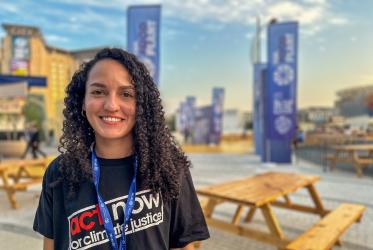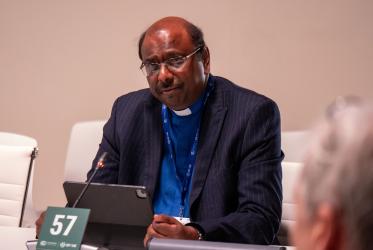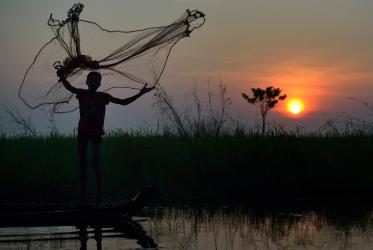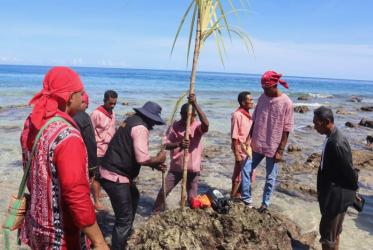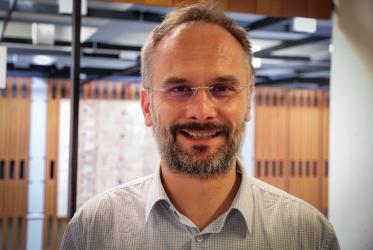Mostrando 1 - 20 de 104
What can churches do to prevent modern slavery?
22 Febrero 2024
Ellyanne Chlystun-Githae Wanjiku to COP28: “listen more to children”
13 Diciembre 2023
At COP28, WCC general secretary hopes for “less talk and more walk”
01 Diciembre 2023
Ecumenical International Youth Day 2023 Toolkit
Young People and Their Voices from the Warzones
26 Julio 2023






